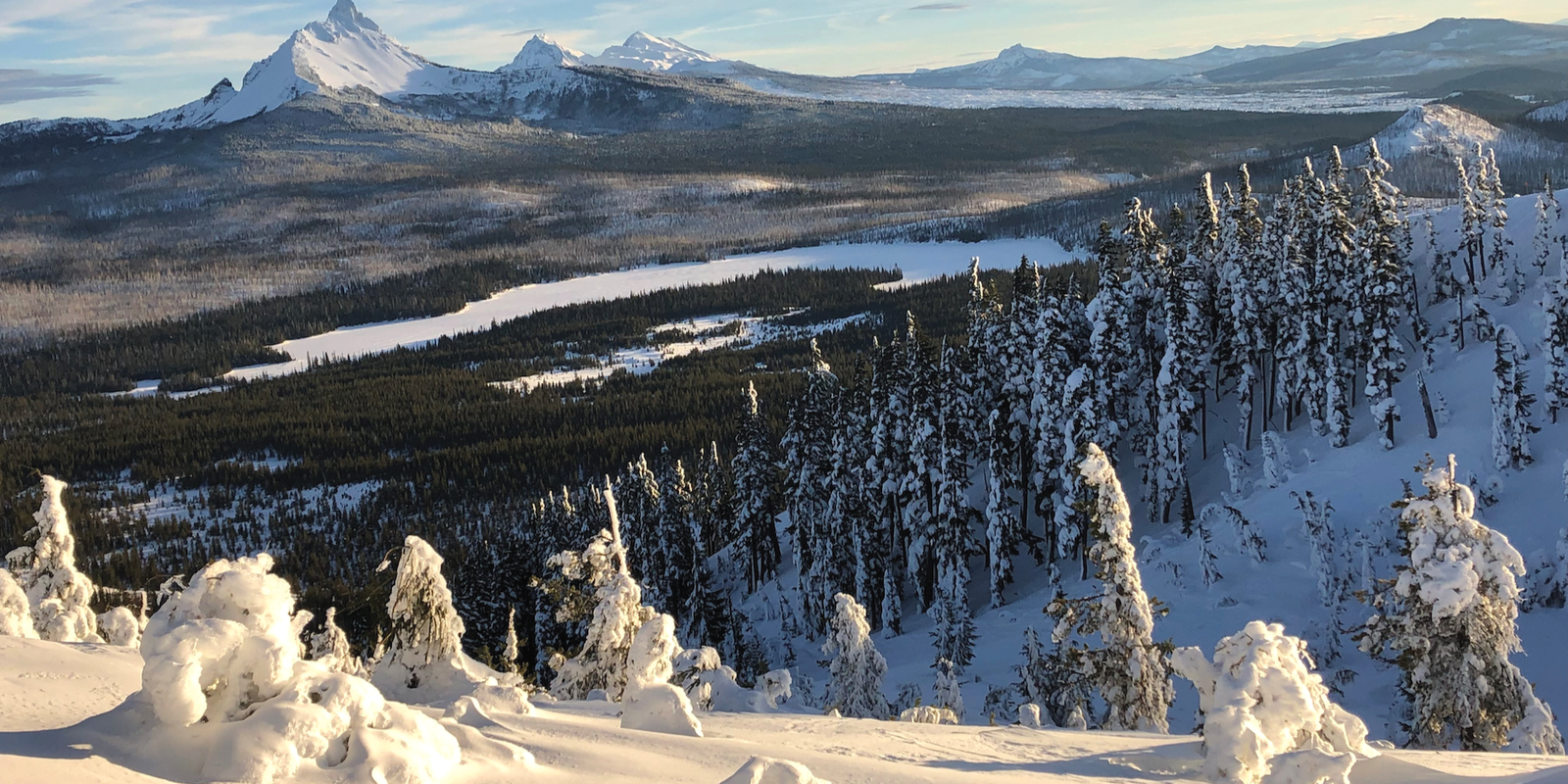In 2020, the Almeda Fire ravaged rural communities of Jackson County, Oregon, destroying more than 2,500 homes. To document the stories of those who experienced this disaster, and help them envision their hopes for the future, researchers at the University of Idaho (U of I) held a creative mapping workshop for residents to share their experiences and visualize through artwork how they will rebuild.
“It felt … connective, hopeful, powerful,” says Megan Davis, U of I Art + Design program student and graduate research assistant. “A continuous thread in each [story] was looking at how different organizations within the community can partner … and come together to support each other and support those affected by fire. It was really moving to see.”
The collective works will be titled “Stories of Fire: A PNW Climate Justice Atlas,” a project that draws connections between regional wildfires and social issues such as poverty and racism. Final products will include a published book, a digital art exhibit, essays and other writings, and visual artwork.
“Stories of Fire” is one of eight primary projects of the new Pacific Northwest Just Futures Institute (JFI) for Racial and Climate Justice, spearheaded by the University of Oregon (UO) in collaboration with U of I and Whitman College. Housed in the Center for Environmental Futures at UO, the JFI funds various research and digital open access initiatives that foster community-based collaboration and support underrepresented populations impacted by the intertwined issues of climate change and social inequity.
Along with the atlas, other outcomes include reports, conferences, podcasts, and student fellowship and postdoctoral research positions, all designed to advance research and discover innovative solutions to social and climate injustice. Initiatives include creating a digital platform for healing within Afro-Indigenous communities; advancing economic dignity among essential workers; sharing rural stories related to land, water, and climate justice; and research on the impact of glacial melting in underrepresented communities.
For example, one student will study how retreating glaciers in southeast Alaska affect Alaska Native communities with a particular focus on tourism, says Mark Carey, PhD, professor of history and environmental studies at UO.
The JFI has significantly changed the conversation around environmental issues on the UO campus, he says.

Rightly so, says its director, John Arroyo, PhD, UO assistant professor in engaging diverse communities, who observes that with increased regional heat waves and wildfires in the last few years and added national attention around racial justice following the murder of George Floyd, the research being done by JFI is especially critical now.
“It’s inextricable to think about race and climate as separate issues, especially when we live in a society where the comprehensive provision of services ranging from public health to hazard management remains unequal,” Arroyo says. “As ethnic and racial demographics shift in the U.S., and as climate hazards exacerbate across the world, collective energy in regional and nationwide climate justice movements illustrates that allied, mutual progress is the way forward.”
JFI received a $4.52 million grant from The Andrew W. Mellon Foundation in 2021 as part of a larger $72 million grant supporting scholars who study past periods of crisis and disruption to create cultural and social transformation. Organizers hope for additional funding to continue their work beyond the current grant period ending in 2024.

Although many JFI initiatives are new, UO also sought to fund existing regional projects that would advance the institute’s goals of addressing environmental and structural inequities in the Pacific Northwest. This effort is what led to the partnership with the
U of I Confluence Lab on the “Stories of Fire” atlas.
“A lot of underrepresented communities tend to live in fire-prone areas,” says Erin James, PhD, a U of I English professor and environmental science affiliate faculty member. “[These] communities also tend to not receive assistance in the way that richer communities would, so they tend to have a much harder time rebuilding.”
All JFI projects represent the type of social justice work — which has broader impact beyond the university — that new generations of scholars are attracted to, says Arroyo.
“The importance of public-facing work done in higher education is really, I think, the future of higher [education] in the 21st century,” says Arroyo. “These are the projects our students want to work on.”
Although JFI initiatives vary greatly, they all require those involved to either build (or rebuild) relationships and trust with community participants, even before fieldwork and data collection begins, Arroyo says.
Sasha White, a predoctoral fellowship student at U of I who is working on the “Stories of Fire” atlas, says this facet is more important than the project’s results.
“When a relationship is prioritized, it allows for … give and take,” she says. “It allows for sharing to happen that may not make it into a final project because it may not be intended for a large public audience, but it’s still meaningful for those who have participated.”
This takes time, but the effort is required to strengthen climate and social equity, foster collaboration, and continue to work together for years to come, Arroyo says.●
This article was published in our May 2023 issue.




















